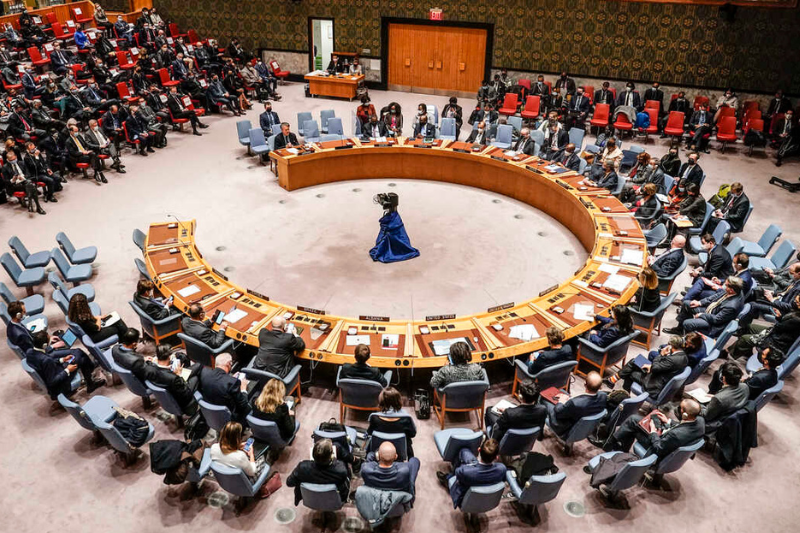Russia has used its veto power in the UN Security Council to thwart a request to prolong sanctions on Mali for a year, which is a noteworthy diplomatic maneuver. The decision also made it more difficult for a group of UN specialists sent to keep an eye on the situation in Mali to continue. The veto was a result of the experts’ claims that Russia’s Wagner mercenary force had committed serious human rights violations inside the nation of West Africa.
Thirteen of the fifteen members of the Security Council voted in favor of the motion to keep the UN expert team and extend sanctions; China chose not to participate in the vote. The UN soldiers’ withdrawal from the region has accelerated due to growing concerns about the deteriorating security situation in Mali, which is the reason behind the decision.
Vassily Nebenzia, Russia’s UN envoy, contended that the initial sanctions, imposed in 2017, were intended to help a peace deal within Mali. He underlined that sanctions imposed by the UN Security Council must be utilized exclusively for this aim and not to impose pressure on the nation by outside parties. Nebenzia also urged for the quick disbandment of the independent monitoring panel but suggested extending the sanctions for an additional year.
However, once the UN experts revealed cases of serious violations of human rights by the Mali military and their “foreign security partners,” which seemed to allude to the Wagner forces stationed there, Western countries accused Russia of retaliating against them. The use of violence against women as well as other unsettling acts that incite fear in the populace are among the accusations.
Keep Reading
Mali’s shift toward Russia after two coups in 2020 and 2021 has made matters more difficult. Mali has changed its stance and is now supporting Russia at the UN, despite condemnation from other countries regarding Russia’s invasion of Ukraine. Additionally, Mali’s military leadership drove ISIS-affiliated fighters out of the country while UN peacekeepers and French forces engaged in combat with them.
The US, which has been vocally criticizing Russia’s actions, said that the Wagner mercenary organization was responsible for the Malian military’s desire to withdraw the UN peacekeeping operation, which is set to finish this year. This measure is interpreted as an attempt to stop impartial observers from keeping tabs on Wagner’s activities in Mali and to stop possibly upsetting facts from being revealed.
James Kariuki, the UK’s envoy to the Security Council, voiced worries about the ramifications of Russia’s veto. At a crucial stage, he described it as “reckless,” underscoring the council’s diminished supervision and involvement in Mali’s protracted peace process.
In addition to stepping up international scrutiny, Russia’s veto has highlighted the intricate geopolitical factors at work in Mali. The prospects for a peaceful resolution are in jeopardy, and the situation in Mali remains heated as Western powers persist in making accusations against Russia’s Wagner forces.

